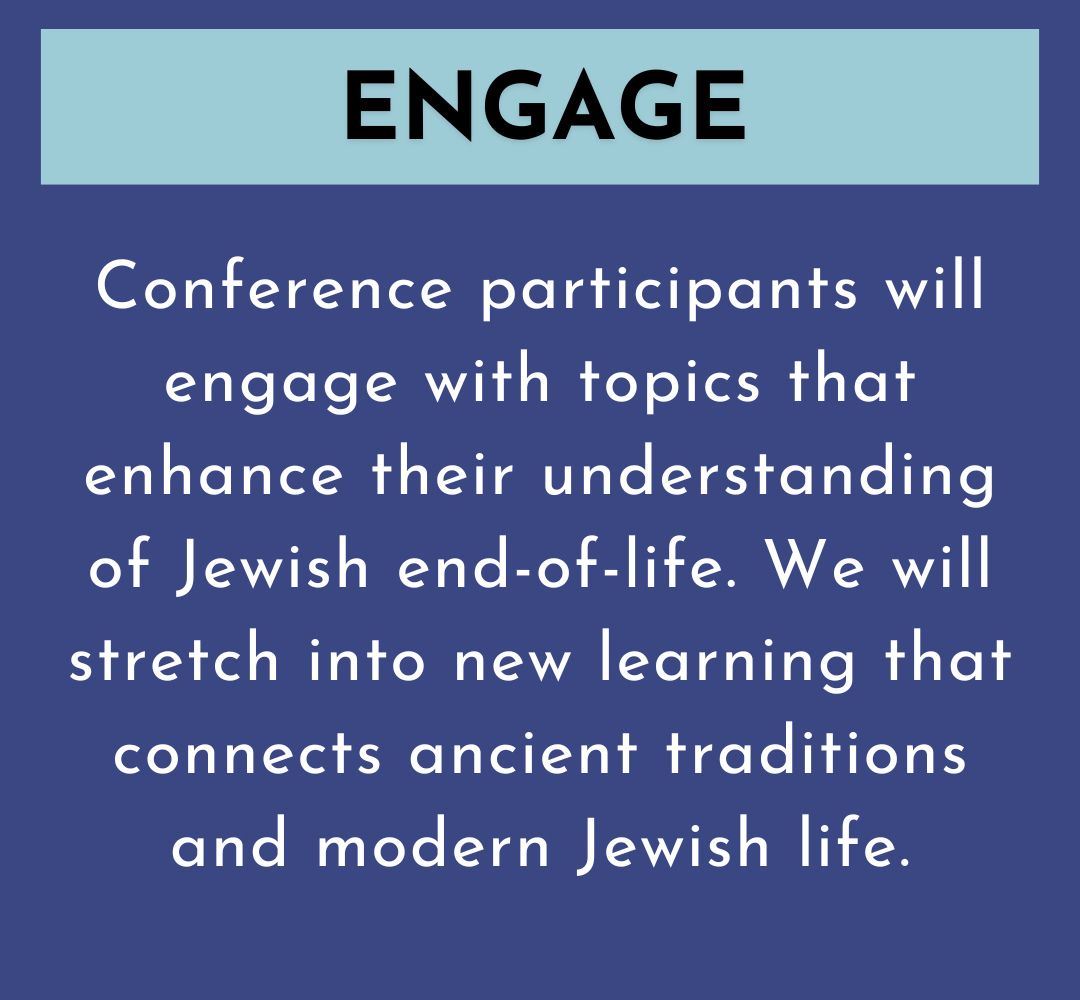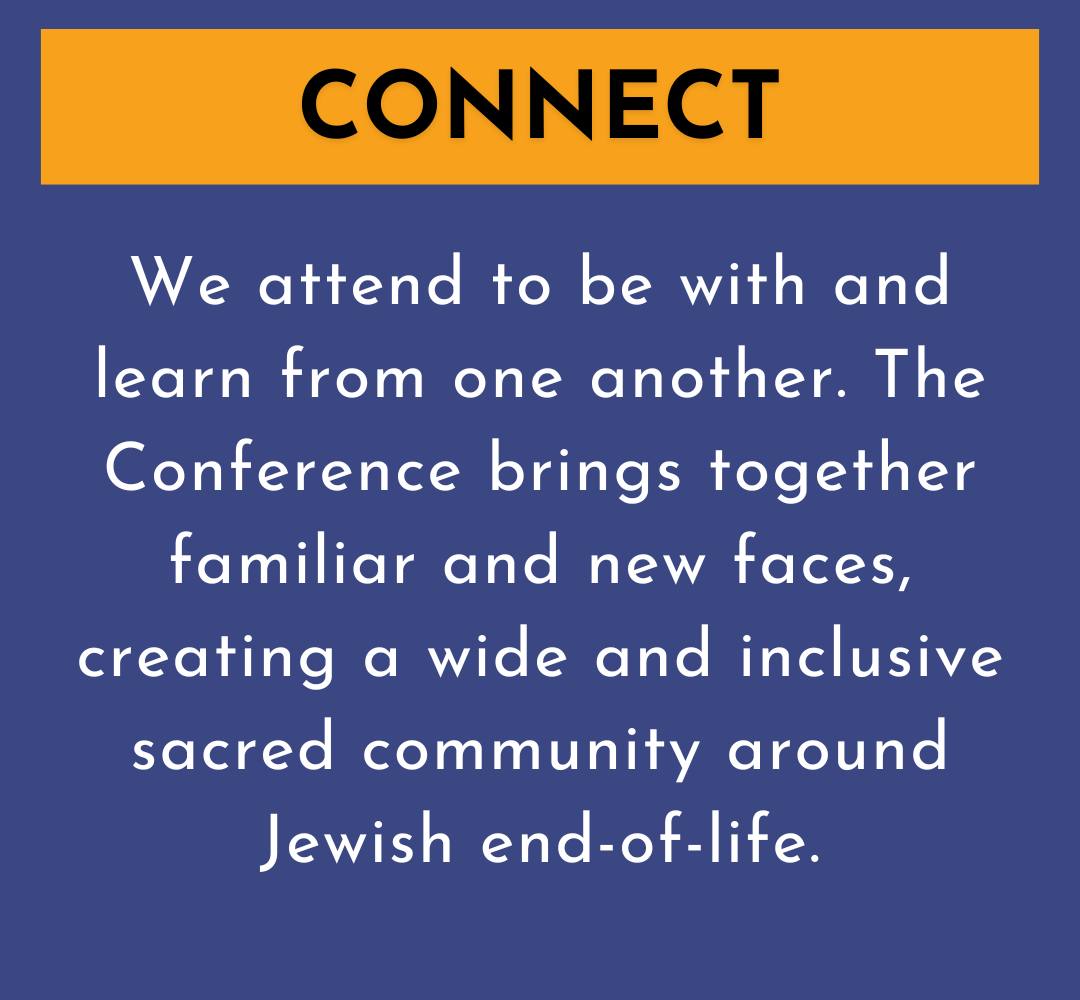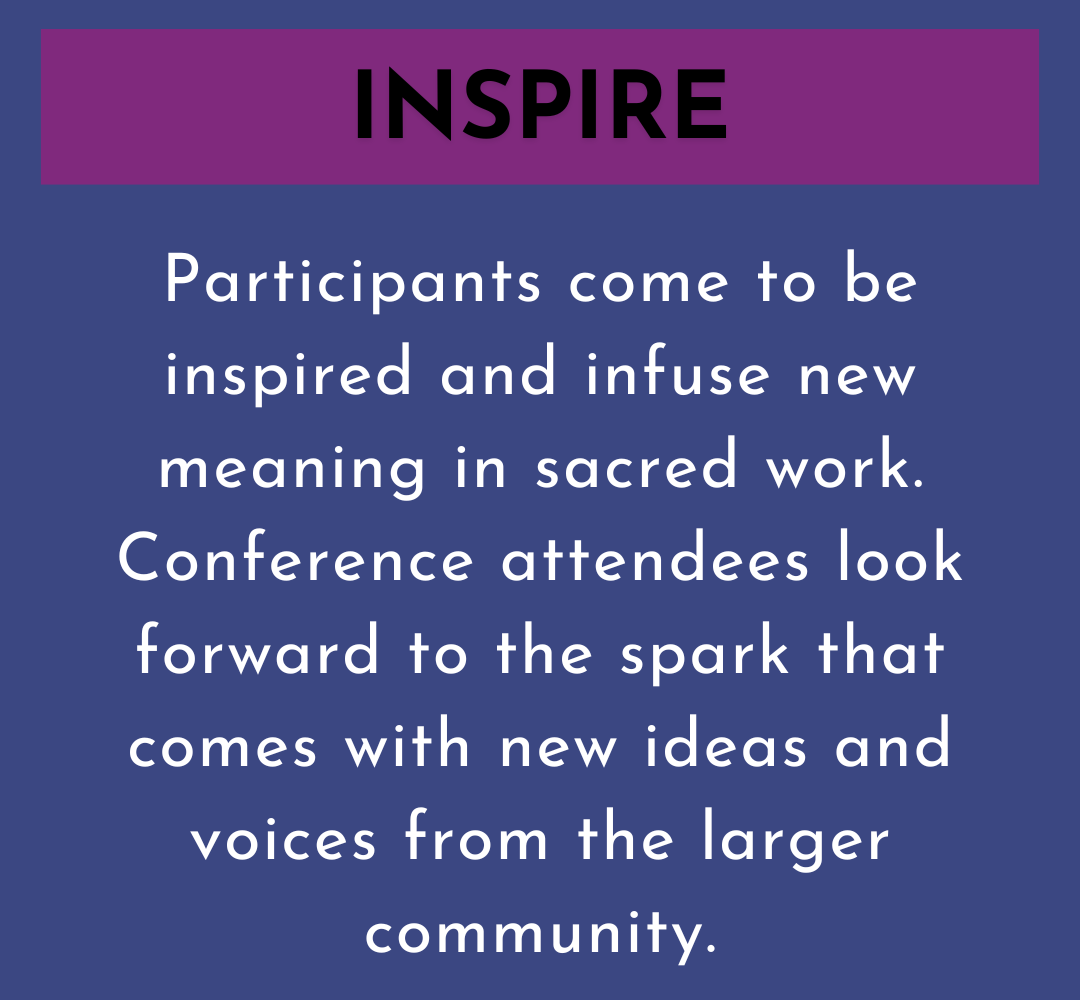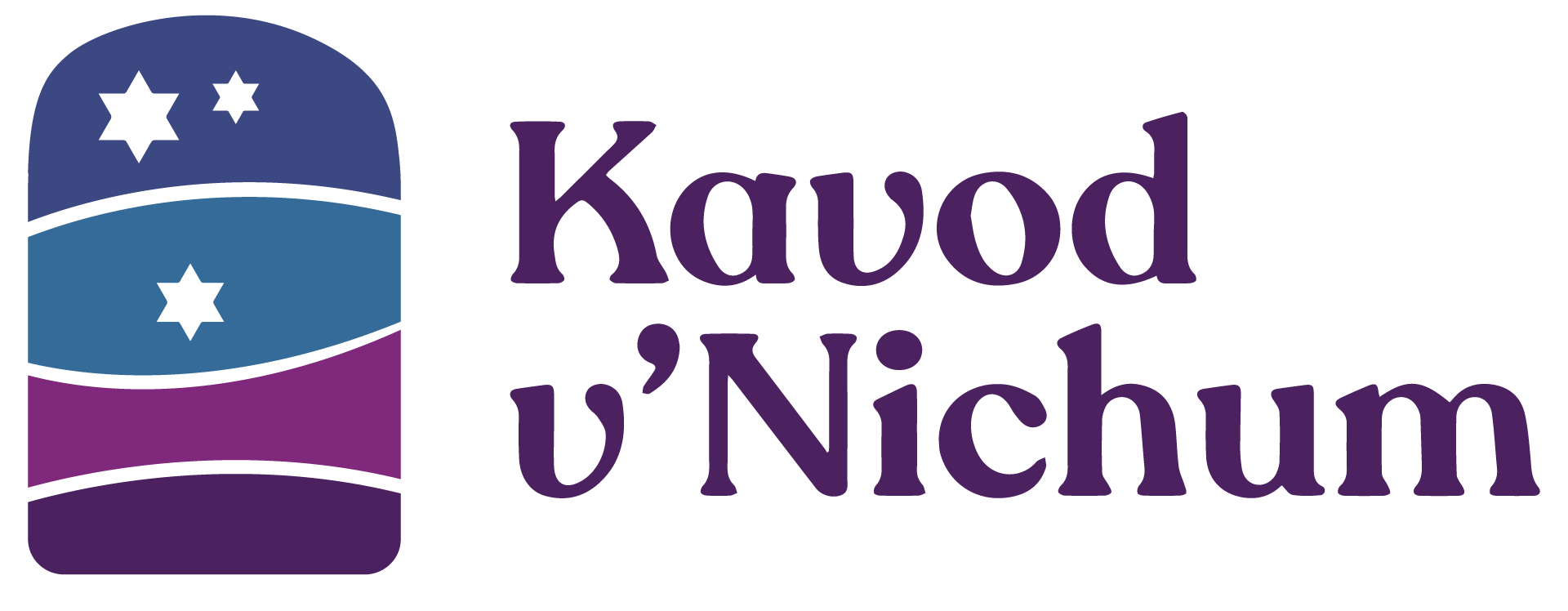
Workshop Proposals
This year, the 22nd Annual Chevra Kadisha Conference will be held online on September 15 and 16th, 2024. We are excited to learn, connect, and be inspired by new wisdom and each other. Being online allows us to offer more of our community access to our incredible Conference, and we are excited to welcome returning and new participants this year. Scroll below to learn more about how to apply to teach at this year’s conference.



This year we are pleased to offer four tracks:
Art & Music
- The Art and Music Track is to highlight and explore the various ways the arts can be incorporated in Chevra Kadisha. Art and music have long been a part of the Chevra Kadisha tradition, and we are excited to give space to explore this theme in 2024.
- Workshops can include visual art, textile art, singing and chanting, healing, and more.
- Workshops can be interactive (ie, listening to music, working on a creative arts project, creative writing, poetry, etc.) or presented as lectures.
Ritual
- The Ritual Track should explore themes and topics specifically related to the rituals and practices of the Chevra Kadisha, which may include bikkur cholim (visiting the sick), taharah (ritual preparation of a decedent), shmirah (guarding the decedent), burial, alternative disposition rituals, nichum aveilim (comforting the mourners), and many more.
- While presenters can submit workshops that have a Q & A or conversation component, each workshop proposal will need to have 1-3 concrete takeaways listed as part of the proposal.
Text
- The Text Track is for Jewish text study related to Chevra Kadisha, or end of life at large.
- An opportunity to study together and enhance our modern understanding through Jewish text and tradition.
- Workshops can be frontal/lecture, and we encourage opportunities for participation and small group conversations.
Weaving Chevra Kadisha and the Wider Community
- This track is intended to explore ways in which we can empower local Chevra groups to bring learning and connection about Jewish end-of-life rituals and practices to the wider community.
- This might include case studies, curriculum and learning plans, partnership models, how to teach others or facilitate particular programs, and more.
Click here for a PDF with details about presenting, guidelines for submissions, and to preview the questions.
